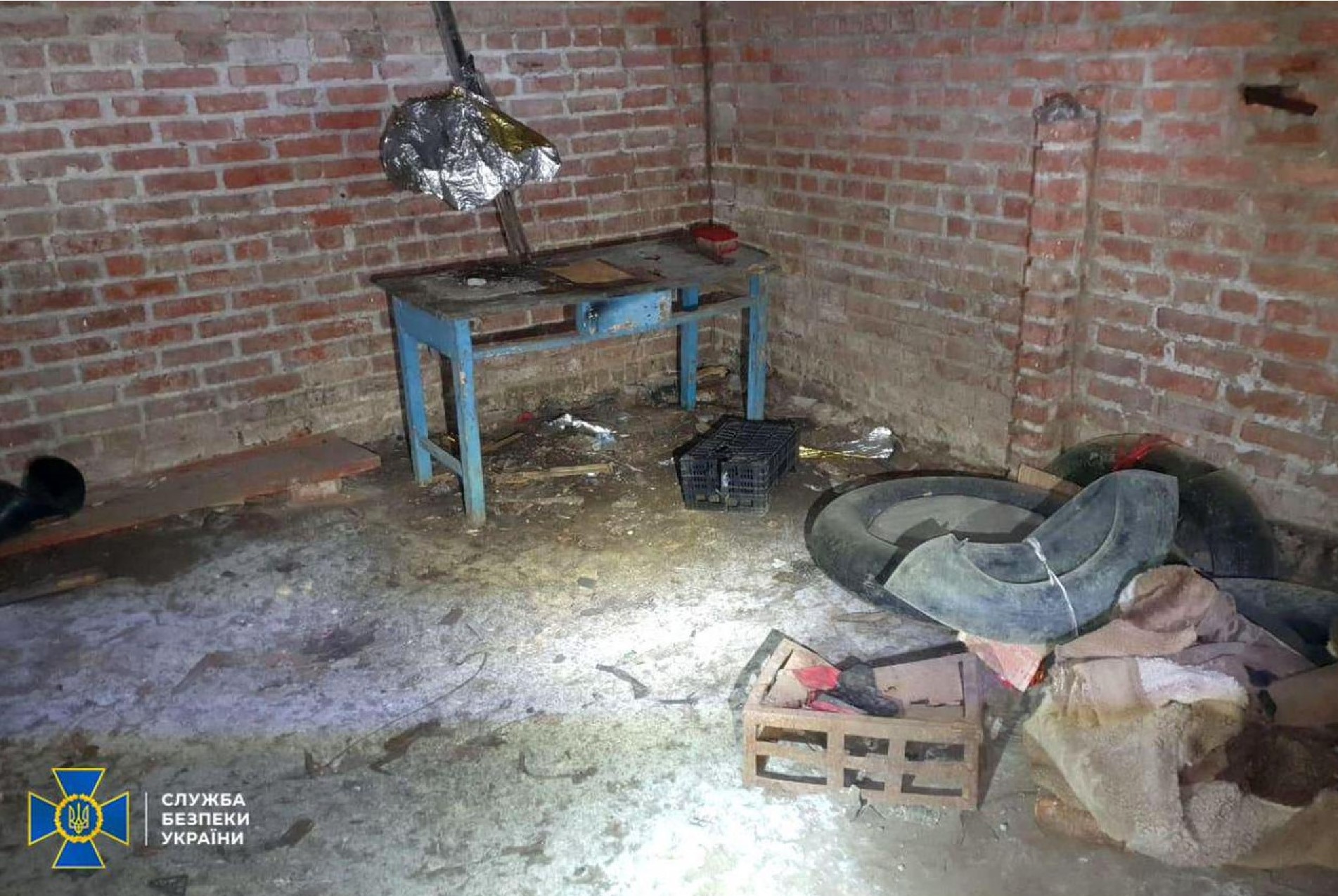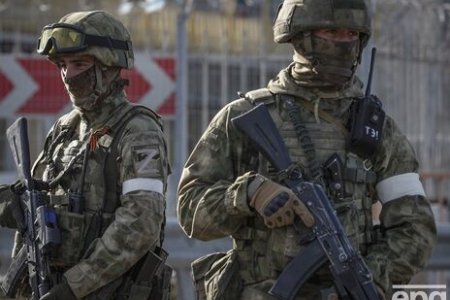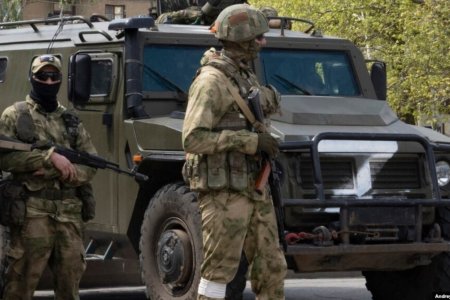
Russia is pursuing a coordinated state policy of torturing Ukrainian prisoners of war and civilian hostages with this constituting a crime against humanity, a new UN investigation has concluded. The UN’s Independent International Commission of Inquiry on Ukraine had earlier identified Russia’s widespread and systematic use of torture as war crimes, but now points to the overwhelming evidence that these crimes are part of a state coordinated attack upon both POWs, and the civilian population.
The report presented on 29 October 2024 is the third to date from the Independent International Commission of Inquiry on Ukraine, created by the UN Human Rights Council soon after Russia began its full-scale invasion of Ukraine. The earlier reports detailed egregious violations of international humanitarian legislation, with these including, but not confined to, the widespread and systematic torture of Ukrainian civilian hostages and prisoners of war [POW] in numerous places. Although most torture victims were men aged between 21 and 58, the Commission earlier reported that both men and women had been targeted. They also found that “most victims of wilful killings and rape had also been subjected to torture.”
The Commission has probed further cases of torture and established torture is applied in all areas under Russian control in Ukraine, as well as in the detention facilities it investigated in the Russian Federation. One of the common features now noted is that the same violent practices are used both in RF detention facilities and in those in occupied parts of Ukraine. Russian occupation. They have spoken with former prisoners who all described “the same harsh practices designed to scare, break, humiliate, coerce, and punish.”
Importantly, the Commission also points out that the Russian authorities have sent FSB operatives and specific services to detention facilities in occupied Ukraine. “Those services and forces acted in a coordinated manner, and according to a specific division of labour, in perpetrating torture.”. Sexual violence as a form of torture, mostly against male detainees, was repeatedly reported in detention facilities operated by Russian authorities. The report mentions a torture victim who had been subjected to electric shocks with taser on his genitals at least six times.
As reported here, Yaroslav Zhuk, a Ukrainian civilian from Melitopol (Zaporizhzhia oblast) was abducted on 17 June 2022 and tortured for at least a week, with this including electric currents through wires attached to his genitals, earlobes and other parts of his body. Although he retracted the ‘confession’ thus extracted and denied the insane charges of ‘international terrorism’, he was sentenced by a Russian military court to 14 years’ maximum-security imprisonment.
The Commission found that sexual violence as a form of torture was prevalent in all detention facilities and noted that medical assistance to detainees had often been denied. Yury Armash, a military medic and also former prisoner of war, has reported being constantly called out to save the lives of fellow POWs or civilian hostages after the Russian prison staff’s torture had ‘gone too far’.
It is worth noting that such forms of torture have been applied against Crimean Tatar and other Ukrainian political prisoners and civilian hostages since Russia’s invasion of Crimea and, effectively, of parts of Donbas in 2014. These are presumably not within the Commission’s scope but do demonstrate that Russia’s crimes against Ukrainians began eight years before the full-scale invasion. Former Donbas hostages have confirmed that both men and women were subjected to torture at the Izolyatsia secret prison in occupied Donetsk, with Halyna Haiova recalling that the their tormenters appeared to commit such crimes “for fun”.
Several Crimean Tatar or other Ukrainian political prisoners have recounted the forms of torture used to extract ‘confessions’, with these including electric currents attached to genitals, mock executions, and savage beatings. It is very likely that such methods were used against Valentin Vyhivsky who was abducted by the FSB, after being tricked into travelling to occupied Simferopol in September 2014 and remains in Russian captivity.
Victims and witnesses have pointed to high-ranking detention facility officials carrying out torture, and doing so openly, “with an apparent sense of impunity”. While the Commission ended its summary by pointing to the importance of judicial and non-judicial accountability, a mere glance at the most egregious crimes against POWs; political prisoners and civilian hostages makes it clear why there is such a sense of impunity. Russia blocked international missions from investigating what was probably the deliberate murder of over 50 Ukrainian POWs on 29 July 2022; secretly buried the bodies of two 16-year-old lads it killed, and has neither provided an explanation, nor handed over the body of 27-year-old journalist Viktoria Roshchyna killed in Russian captivity. This is to mention just some of the deaths for which nobody has been held to answer.
See also:



